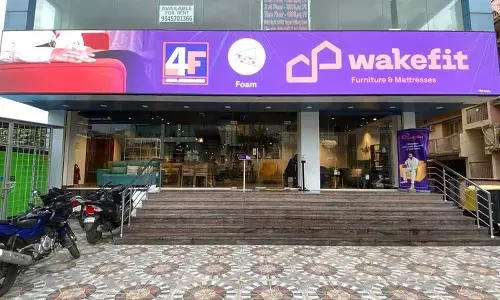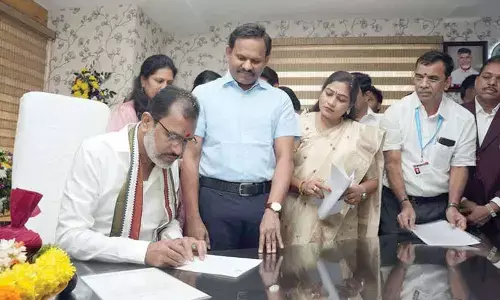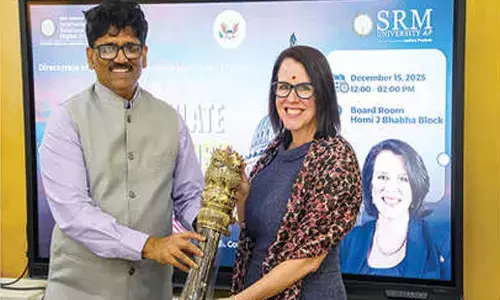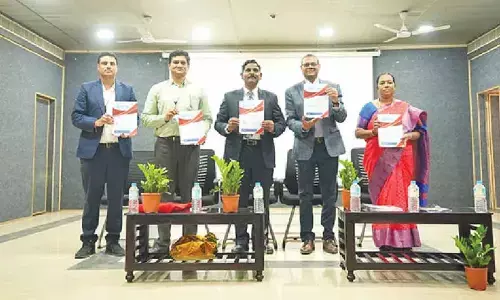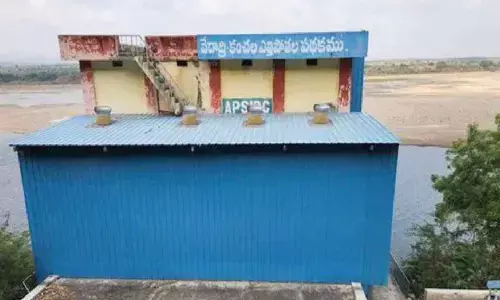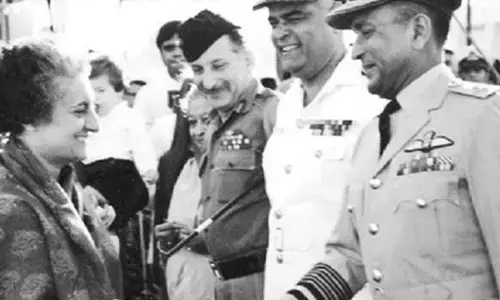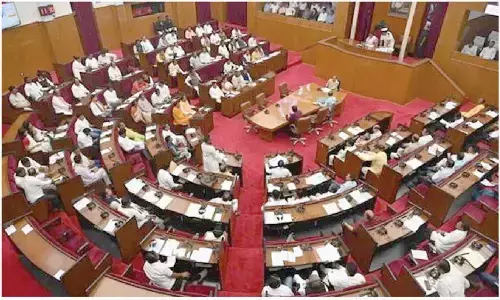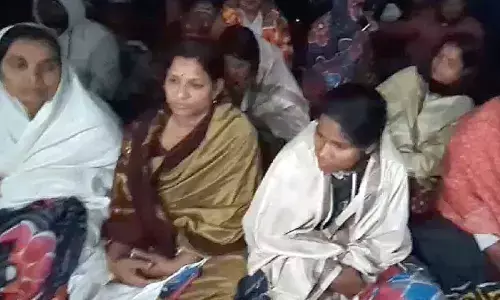Yogi govt steps up efforts to make UP malaria-free by 2027
Share :
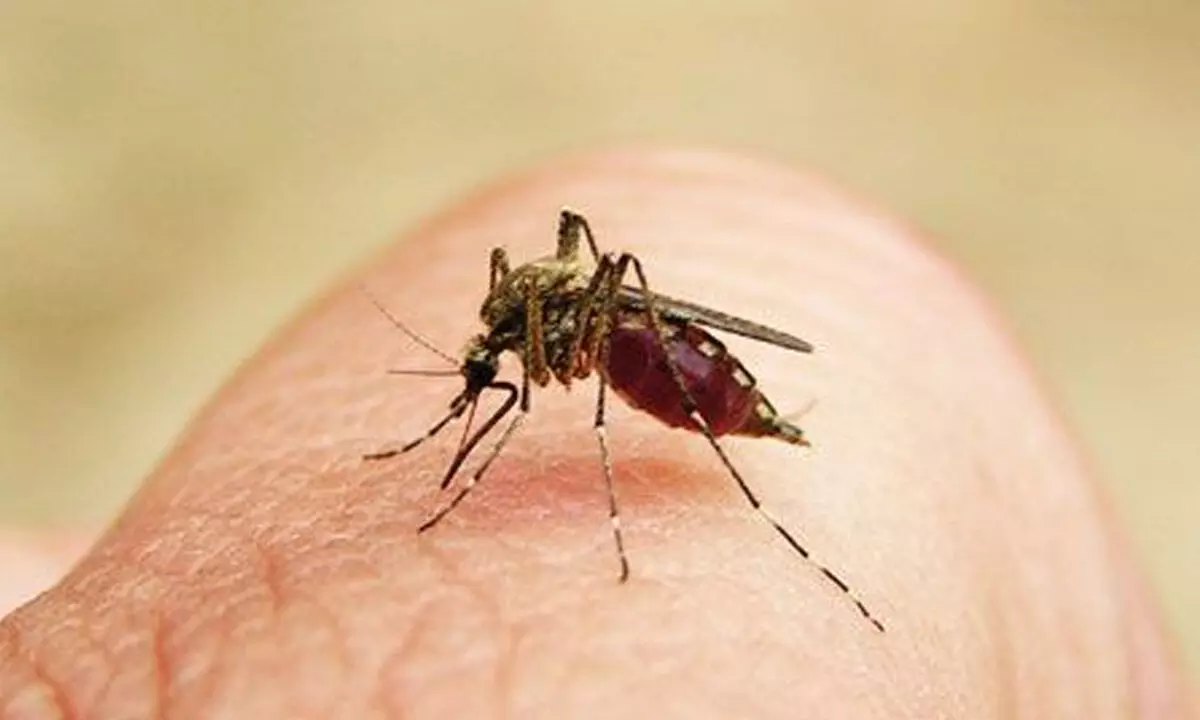
Mysuru district all set to be declared malaria-free
The Yogi Adityanath government in Uttar Pradesh has decided to focus on making the state malaria-free by 2027, by investigating every malaria case and ensuring complete treatment for every patient.
Lucknow: The Yogi Adityanath government in Uttar Pradesh has decided to focus on making the state malaria-free by 2027, by investigating every malaria case and ensuring complete treatment for every patient.
June is being observed as Anti-Malaria Month under the National Vector Borne Disease Control Programme. This year, the state has reported 771 cases of malaria.
To address the challenges in malaria elimination, India is focusing on improved case reporting and management across various regions. Continuous epidemiological and entomological investigations have been increased, alongside accelerating vector control measures.
There is also a strong emphasis on community participation, training, and capacity development. Additionally, a regional strategy has been developed to support the commitment to malaria elimination.
State Malaria Officer Vikas Singhal emphasised the utmost importance of reporting all malaria cases and ensuring comprehensive treatment of the patients to achieve the larger goal of eradicating the disease from the state.
Training sessions have been conducted for all district malaria officers, relevant staff, and frontline workers, with rapid diagnostic test kits distributed across all districts for malaria testing.
Health workers are actively conducting extensive surveys and malaria tests among patients with fever. Concurrently, community members are being educated about malaria prevention and symptoms.
The State Malaria Officer noted that the monsoon is expected to begin in the last week of June, a period when mosquito-borne diseases tend to thrive. In preparation for this, June is recognised as Anti-Malaria Month, with various activities planned in both urban and rural areas to prevent the disease.
He further explained, "Malaria is transmitted through the bite of a female Anopheles mosquito. Once the parasite enters the body, fever typically develops within 14 to 21 days. Early identification of symptoms and prompt treatment are crucial for prevention. Malaria can be completely cured and prevented with timely intervention."
Ritu Srivastava, the District Malaria Officer of Lucknow, highlighted ongoing efforts in mosquito control, including insecticide spraying and fogging. Community awareness seminars are being conducted to educate residents about preventive measures.
In urban areas, insect collectors are actively identifying high-density mosquito areas, prioritizing them for spraying and fogging. Municipal Corporations are responsible for this task in urban areas, while in rural areas, it is managed by the Panchayats.







